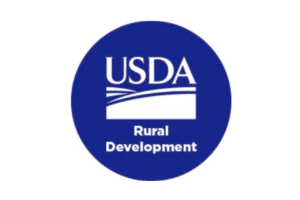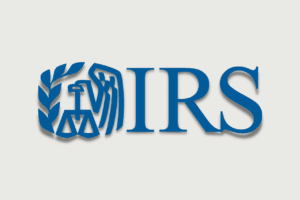Federal / Agency News

HUD’s Recent Housing Investments
The recent announcement of over $279 million in new investments through HUD’s Green and Resilient Retrofit Program (GRRP) represents a significant boost for affordable housing developers, particularly those focused on multifamily rental units.

Federal Funding for Affordable Development
The Multifamily Preservation and Revitalization (MPR) Program and Section 515 Subsequent Loans for Preservation for FY 2024 offer significant financial resources to help affordable multifamily rental developers maintain and improve their properties in rural areas.

HUD Funding Navigator
HUD has launched new guidelines and resources to bolster the nation’s affordable housing stock against climate-related challenges through rapid retrofitting and weatherization efforts.

DCHFA Bridge Loans and JV Capital
The DC Housing Finance Agency (DCHFA) offers developers several opportunities to finance affordable multifamily rental housing projects through its McKinney Act Loan Program and Housing Investment Platform (HIP).

Cut-Off Dates Announced to Apply for 2024 Round of IRA’s Low-Income Communities Bonus Credit
The U.S. Department of the Treasury, the Internal Revenue Service (IRS) and the Department of Energy (DOE) announced application cut-off dates for the 2024 round for the Low-Income Communities Bonus Credit Program of the Inflation Reduction Act (IRA) of 2022.

HOTMA Delayed for HUD Multifamily Programs
HUD has published a housing notice that extends the date for multifamily housing owners to be fully compliant with two major sections of the Housing Opportunity Through Modernization Act (HOTMA) of 2016.

Project Destined
Presented to the industry last week in a session at the Ballard Spahr 2024 National Housing Symposium in Washington, DC, Project Destined is a social impact platform designed to provide underserved youth, particularly students of color, with education and opportunities in real estate.

Preferred Equity and Mezzanine Debt in Affordable Deals
Recent trends in affordable housing development are seeing an increased use of mezzanine debt and preferred equity as financing strategies.

Rural Development Section 515
The USDA’s Section 515 loan program for affordable multifamily housing has been instrumental in preserving and revitalizing rural properties.

FHLBank Chicago LIHTC Financing
The Federal Home Loan Bank of Chicago (FHLBank Chicago) has launched the LIHTC Collateral Pilot program, providing $300 million in financing to support LIHTC multifamily housing projects.

Amazon Housing Equity Fund
Amazon has reopened the application portal for its Housing Equity Fund, offering $1.4 billion to create or preserve 14,000 affordable units in Washington’s Puget Sound, Arlington, VA and Nashville, TN.

Opportunity for Developers to Capitalize on Interest Rate Uncertainty
Recent changes to the Federal Housing Administration (FHA)-Housing Finance Agency (HFA) Risk-Sharing program, part of the Biden-Harris administration’s broader affordable housing initiatives, are aimed at increasing the construction of affordable multifamily housing.